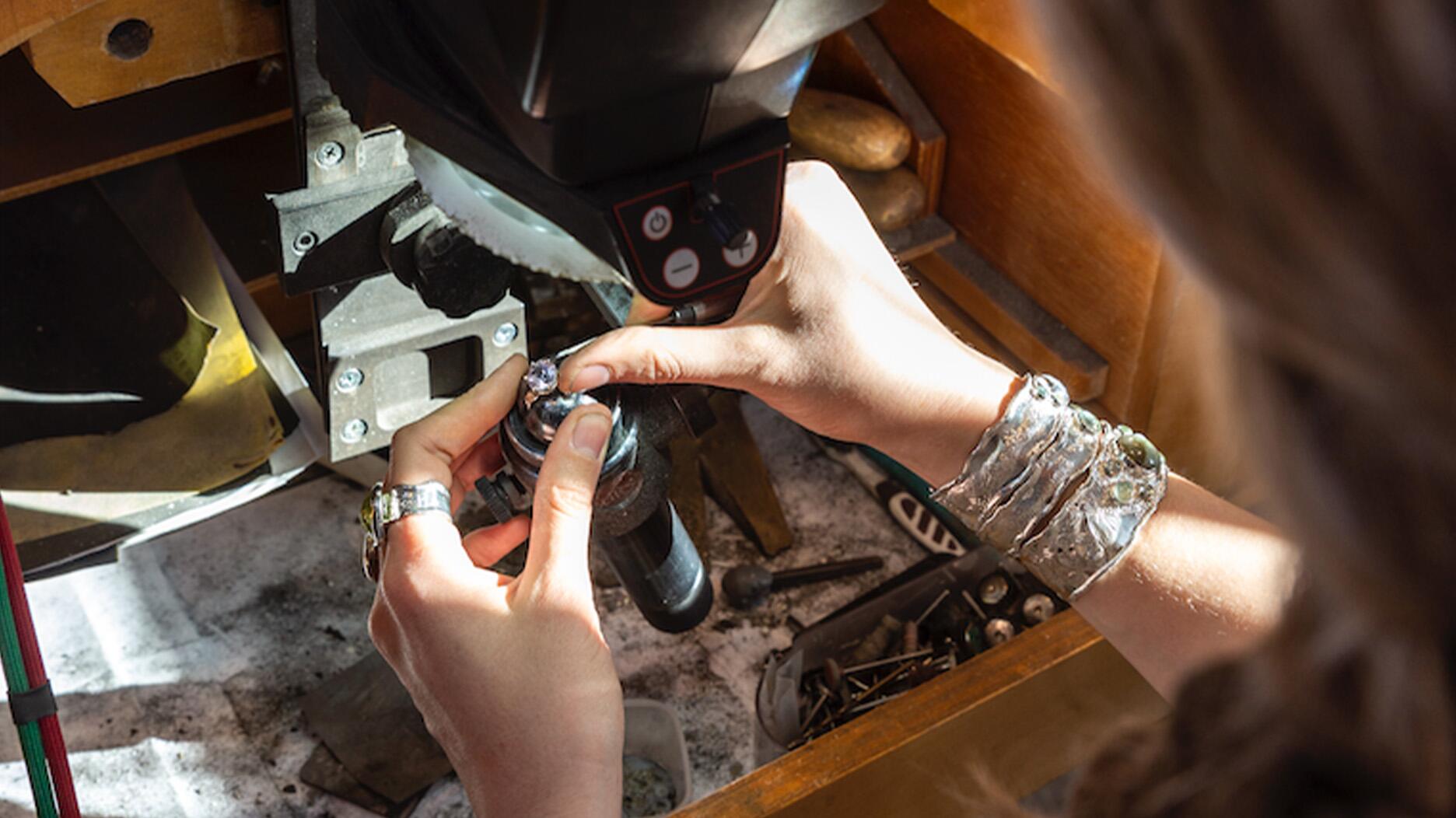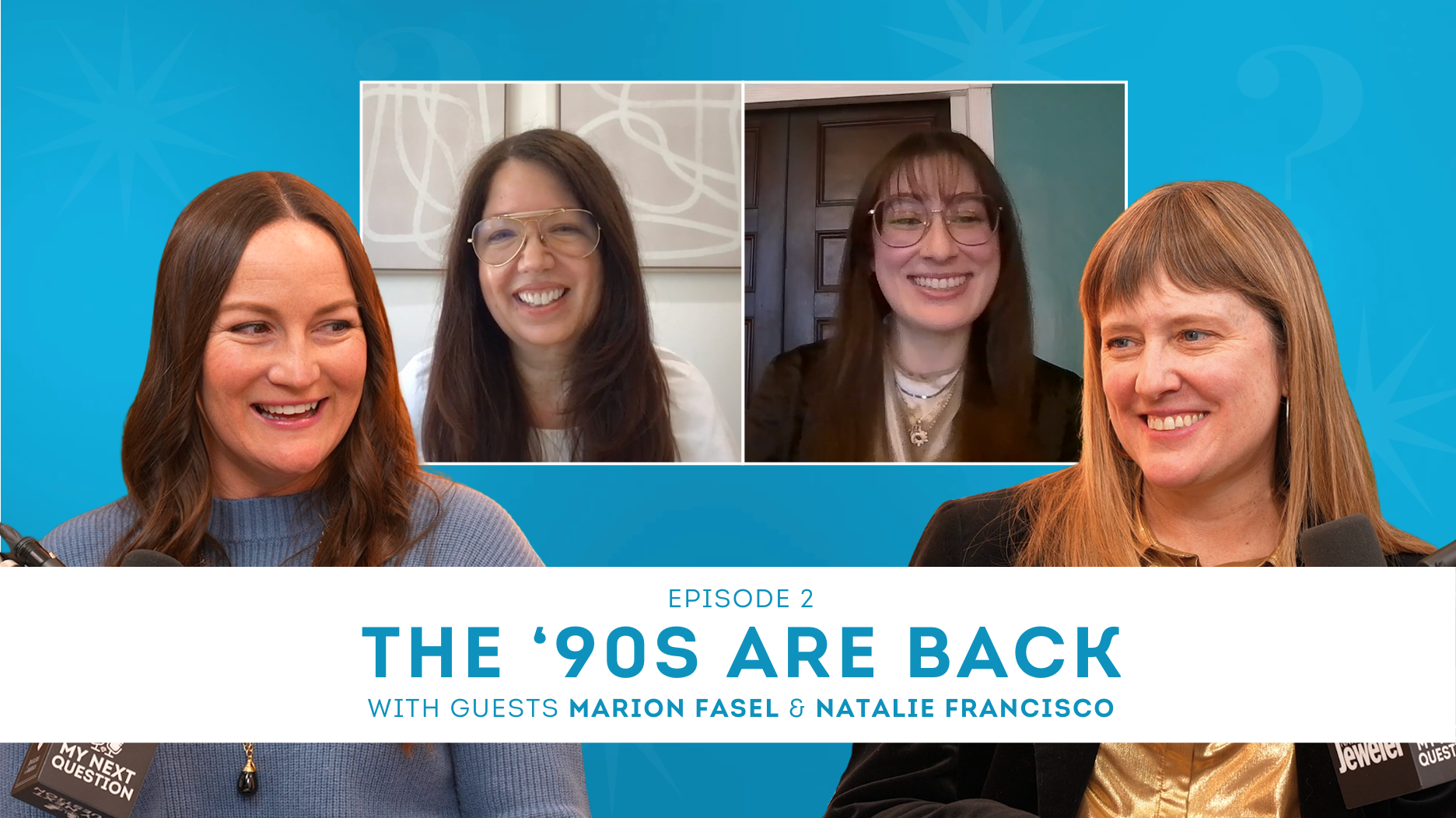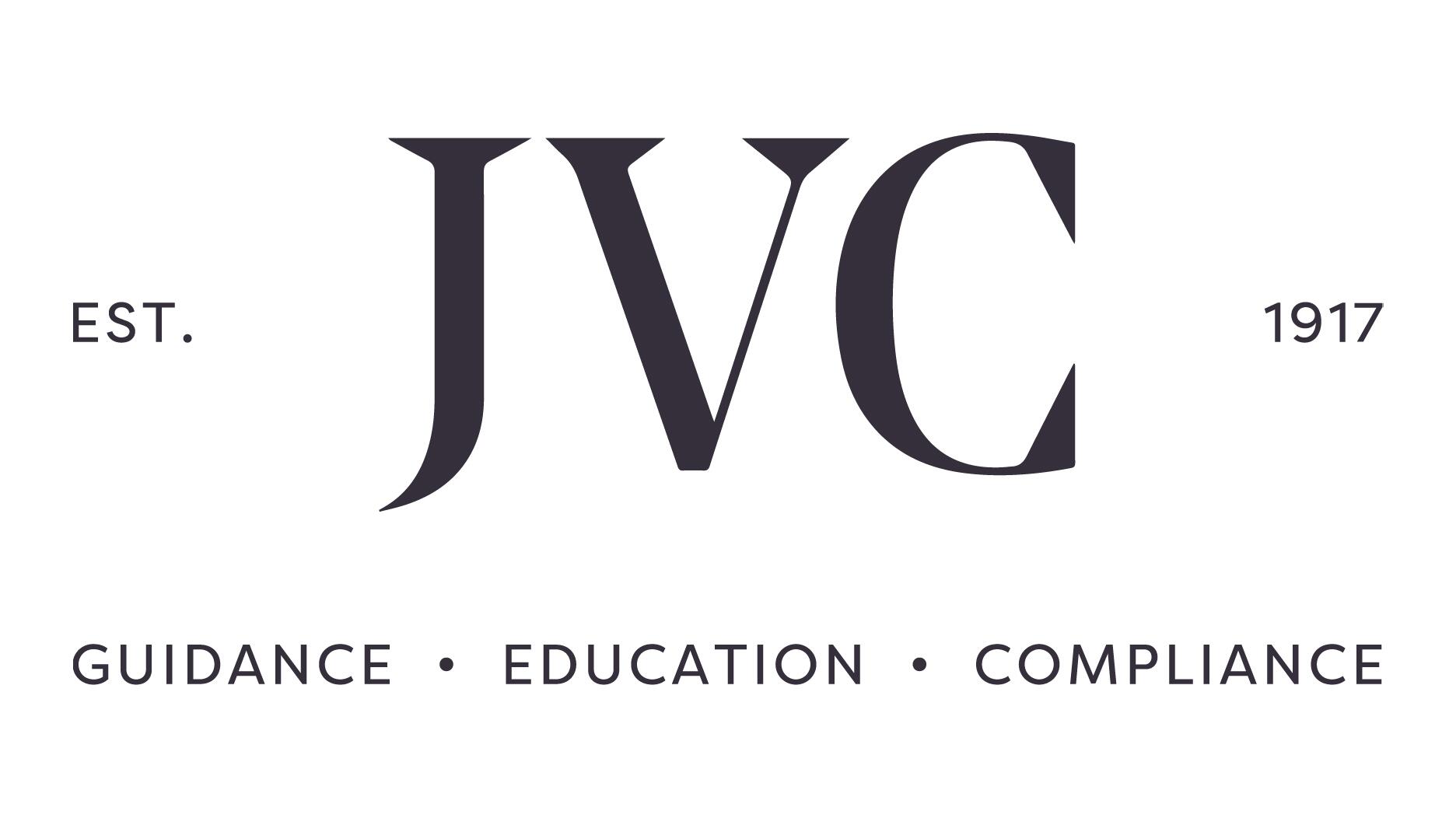Diamond jewelry was the star of the event formerly known as the SAG Awards.
How to Safely Pierce Ears Amid a Pandemic
National Jeweler spoke with Piercing Pagoda’s Kecia Caffie and Brian Keith Thompson of Body Electric Tattoo about how ear piercings can continue during COVID-19.

It casts a shadow over our everyday activities and forces us to rethink how we approach nearly everything, including retail.
The jewelry business is a hands-on world, particularly if a store does ear piercings. But, how can ear piercing services continue safely in light of the pandemic?
National Jeweler hopped on a Zoom interview with Kecia Caffie, senior vice president and general manager of Piercing Pagoda, then called Brian Keith Thompson of Body Electric Tattoo in Los Angeles to find out.
Getting back to business is a learning process.
Piercing Pagoda stopped offering ear piercing services around late March, right around the time parent company Signet Jewelers Ltd. temporarily closed all North American locations.
Prior to the closures, there was no blanket mandate, said Caffie, noting stores were able to determine for themselves when to stop piercing, depending on the local situation and guidelines.
Piercing Pagoda kiosks began to open in late April alongside Signet’s other stores, but the free piercings didn’t start back up right away.
“All of us were learning a lot about what living with COVID would be like. And so, we were starting to establish our general safety procedures for just general shopping,” she said.
All stores under the Signet umbrella are implementing Love Takes Care, a system of safety protocols that covers everything from social distancing and face masks to trying on jewelry and screening employees.
It was established in partnership with Cleveland Clinic, the No. 2 ranked hospital in the nation, according to U.S. News and World Report.
Caffie described that time of reopening as a learning experience.
“We wanted to spend some time really learning from medical experts on the best way to protect both our customers and our team members before we started piercing again.”
In Los Angeles, Body Electric Tattoo had to make a few changes when it reopened, including following guidelines from the Centers for Disease Control and Prevention to the letter.
L.A. tattoo shops and other personal service businesses temporarily closed in March. They reopened in June but were closed down in July as the number of COVID-19 cases in the city rose.
Limited indoor operations were allowed to resume again in September.
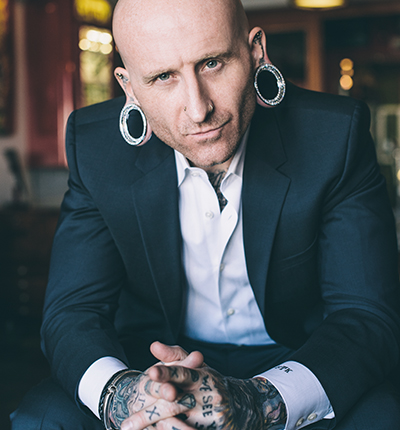
“Complaining about it is not going to get it to go away quicker. Adapting these safety protocols will,” he said.
The tattoo and piercing shop, founded in 1992 on the famous Melrose Avenue, is running with a skeleton crew.
“This isn’t something I like working in. But the only other alternative is for me to lose everything that I’ve worked 15 years to obtain, so I decided to do it as safely as possible,” said Thompson, who left a corporate job and cashed out his 401(k) to buy Body Electric in 2006.
His niece, Veronica, takes phone calls and schedules the appointments while his “sidekick” Richard sets up the piercing station and assists with the cleaning.
“Life is much slower in the studio when you’re operating like this, but you can’t put a price on safety and human life.”
Health and safety are the top priorities.
When a business requires employees to be in close proximity to customers attention to health and safety is paramount, especially in the time of COVID-19.
Piercing Pagoda’s safety procedure for piercings was announced May 27, about a month after the reopening process began.
Most locations were prepared to restart piercings by the middle of June. Stores reopened gradually, with 450 of the chain’s 555 kiosks open by early September.
There is generally a week between when a store reopens and when piercings are able to begin, allowing time for cleaning, training and preparation.
To start piercing again, educating the team was crucial, said Caffie.
Everyone in the organization is a certified piercer, she said, but there was extra training in place.
“We went back and made sure that there was no issue, no possibility that someone didn’t know exactly what our base assumptions were about how you pierce someone safely.”
District managers spoke with every employee to ensure the training had been taken, and made sure they were able to answer questions about the new procedures.
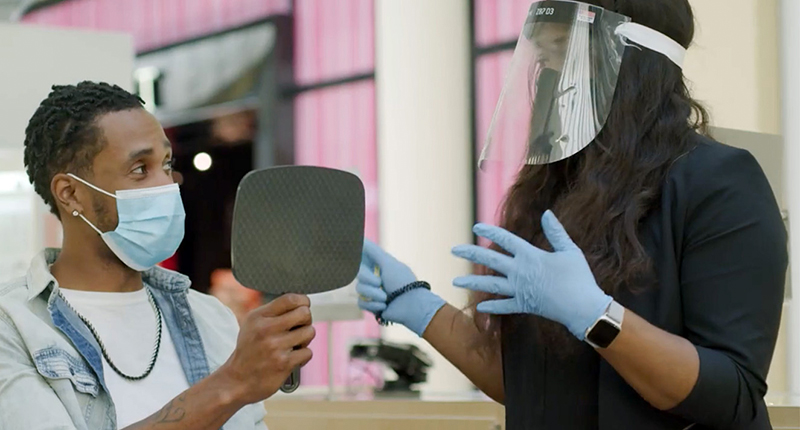
Both Piercing Pagoda and Body Electric Tattoo are regularly cleaning before and after customer visits and disinfecting high-touch surfaces.
The pandemic hurt Thompson’s business, but he has no intention of straying from the proper safety measures.
“I’ve been hit very heavy by this pandemic, but I’m not complaining about it,” he said. “What type of person would I be if I only saw profits and I didn’t care about human life?”
Here’s how the piercing process works.
Piercing Pagoda, in line with Signet’s policies, requires customers and employees to wear a face covering whether or not an ear piercing is taking place.
Employees can also request a face shield if they want an added layer of protection, as per Signet’s protocol.
When piercing ears, employees wear both.
“During the piercing process, six feet isn’t possible,” said Caffie. “You’ve got to get very close to someone, so those two layers were critically important before we started.”
Prior to the piercing, customers undergo a health assessment, which involves a temperature check and a series of questions about the most critical symptoms of COVID-19.
Customers are also asked if they’ve been in contact with someone who has had COVID-19 within the last 14 days.
If a customer answers “yes” to having any symptoms or having contact with a COVID-19 patient, they are asked to reschedule their piercing to a later date.
Employees wear disposable gloves and use a sanitized instrument to pierce the ear lobe.
Single-use, prepackaged sterilized earrings are placed in a clean cartridge. There is no needle involved in the process.
“Up until the point of piercing, no human hands have touched [the jewelry] since it was sanitized and sterilized,” said Caffie.
Ears are cleaned and marked before the piercing begins.
Thompson has implemented similar health and safety policies at Body Electric.
Employees and customers are required to wear masks. Face shields are sometimes used, as well.
Customers are seen one at a time to allow for maximum social distancing. Their temperature is taken upon arrival and they are asked questions about their health.
Appointments are made via email and customers must agree to abide by the studio’s policies.
For the former Marine, there is no wiggle room on the mask policy.
“I won’t let a client in the studio if they won’t first agree to the conditions via email and then show up with the proper protective equipment,” said Thompson, adding he has no issue asking a customer to leave.
“I’m not going to risk myself, my clients, my staff to any type of pushback on this,” he said. “If you want to live your life that way, that’s fine, but you’re not going to do it around myself and my staff.”
So far, he said, customer feedback has been positive, and he hasn’t run into any problems.
He provides masks if customers don’t have one and requests they not use masks with vents, which are thought to be less effective against the spread of the virus.
The piercings are done using sterilized, single-use needles rather than a piercing instrument.
Masks can pose a problem for certain piercings.
At Piercing Pagoda, 93 percent of the piercings done are through ear lobes—the locations also offer cartilage piercings for a $2 fee—so a mask can stay on through the process, said Caffie.
The ear loops needed to keep the mask on can be a problem though.
Customers are asked to take down the loops and hold the mask up against their face with their hands while the piercing takes place.
At Body Electric, masks stay in place the whole time.
Thompson does both ear and body piercings, but there are certain piercings that are off limits right now.
Nose piercings, lip piercings or any others that would require a customer to take their masks off aren’t happening.
“We get clients complaining about it and I’m like, ‘Look, your nose isn’t going anywhere. Just wait. Give it a little bit, man’,” said Thompson, who suggests they hold out for a celebratory, end-of-COVID-19 piercing instead.
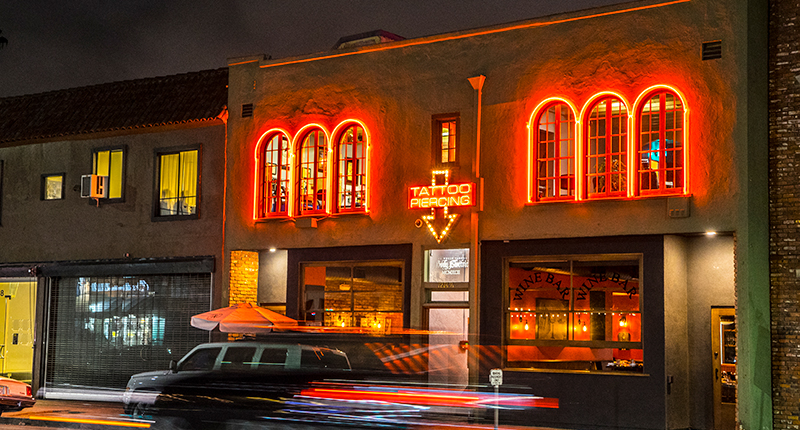
Masks can also interfere with the healing process, he noted, especially if the piercing is somewhere the loops of a mask lay.
Depending on the piercing, he’ll suggest a different type of mask to help customers avoid a new earring snagging against the mask fabric.
Thompson recommends explaining any and all risks to customers, both to keep them safe and to ensure they have a positive experience.
Any type of piercing requires aftercare.
For Piercing Pagoda, within six to eight weeks of being pierced, customers are asked to come back in to ensure their piercing has healed properly.
When stores were closed, a virtual earring checkup was set up allowing customers to speak with a team member about their piercing.
“Piercing is at the heart of Piercing Pagoda. It’s in our name and we’ve been doing it for 50 years,” said Caffie. “We’re making sure that experience, whether you’re shopping with us or being pierced, is as safe as possible.”
Here are some words of advice from a professional piercer.
In addition to sharing his piercing expertise, Thompson reflected on the state of the country—from the spread of the virus to the rise of social movements—and noted how emotionally and physically draining it all can be.
That’s not the state of mind an employee should have during the delicate process of ear piercing.
He advised business owners to be mindful of the effect it all can have on employees and their performance.
“If they can’t do it this day, you’ve got to let them have that day off and not retaliate against them.”
Thompson also shared a word to the wise for those about to resume piercings.
“If you want to stay in business after the pandemic, adapt these safety protocols from the CDC, move forward, and quit complaining about it.”
The Latest

Consumers were somewhat less worried about the future, though concerns about rising prices and politics remained.
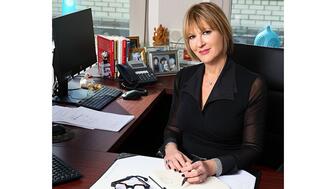
Foerster is this year’s Stanley Schechter Award recipient.

Every jeweler faces the same challenge: helping customers protect what they love. Here’s the solution designed for today’s jewelry business.

Sponsorships and tickets to the annual fundraising event, set for May 31, are available now.


Chicago police and members of the U.S. Marshals Service tracked down the 35-year-old suspect earlier this week in St. Louis.

Owners of the Ekapa Mine reportedly filed for liquidation about a week after a mudslide trapped five workers who have yet to be found.

With refreshed branding, a new website, updated courses, and a pathway for growth, DCA is dedicated to supporting retail staff development.
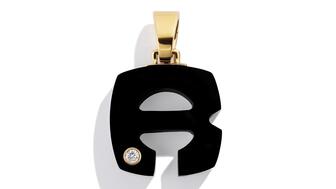
The “Splendente” collection has evolved to feature hardstone letter pendants, including our Piece of the Week, the onyx “R.”
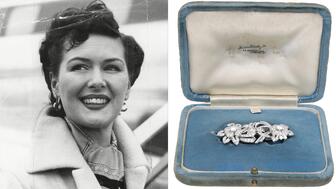
The jewelry collection belonged to “one of society's most glamorous and beautiful women of the mid-20th century,” said the auction house.
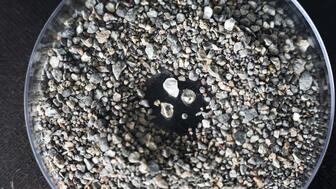
The update came as Anglo took its third write-down on the diamond miner and marketer, which lost more than $500 million in 2025.
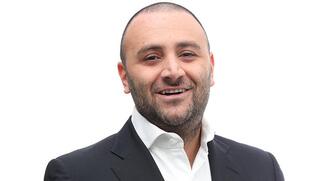
Emmanuel Raheb discusses the rise of “GEO” and the importance of having well-written, quality content on your website.
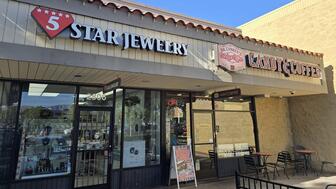
Each received around four years for burglarizing a jewelry store and a coffee shop in Simi Valley, California, last May.
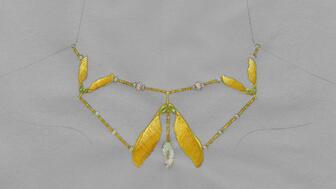
Catherine Aulick, a GIA graduate, received the ninth and final Gianmaria Buccellati Foundation Award for Excellence in Jewelry Design.

We asked a jewelry historian, designer, bridal director, and wedding expert what’s trending in engagement rings. Here’s what they said.
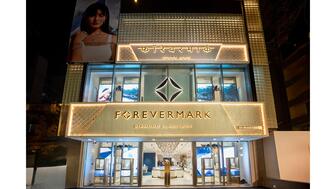
Experts from India weigh in the politics, policies, and market dynamics for diamantaires to monitor in 2026 and beyond.

Beth Gerstein discusses the vibe of the new store, what customers want when fine jewelry shopping today, and the details of “Date Night.”

Are arm bands poised to make a comeback? Has red-carpet jewelry become boring? Find out on the second episode of the “My Next Question” podcast.
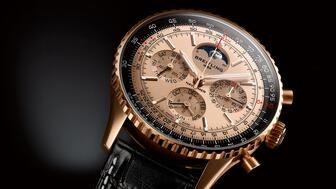
The Swiss watchmaker is battling declining sales amid a rapid retail expansion, according to a Financial Times report.
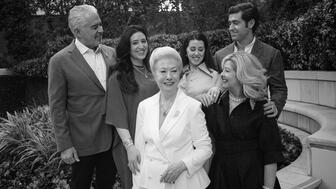
The campaign celebrates Giustina Pavanello Rahaminov, the co-founder’s wife and matriarch of the family-owned brand, for her 88th birthday.
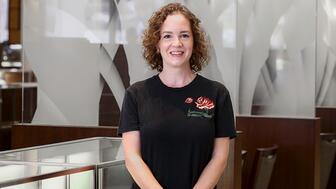
Rachel Bennett, a senior jeweler who has been with Borsheims since 2004, earned the award.

After the Supreme Court struck down the IEEPA tariffs, President Trump imposed a 10 percent tax on almost all imports via a different law.

The industry veteran, who was with The Edge Retail Academy for 14 years, joins her husband at the company he founded in 2022.
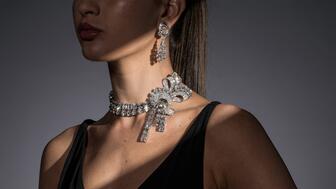
The vintage signed jewelry retailer chose Miami due to growing client demand in the city and the greater Latin American region.

Former Flight Club executive Jin Lee will bring his experience from the sneaker world to the pre-owned watch marketplace.
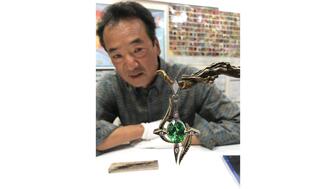
Sakamoto, who died in mid-January following a sudden illness, is remembered for his humility and his masterful, architectural designs.
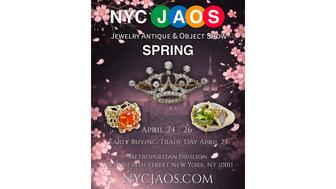
The April event will feature a new VIP shopping day requiring a special ticket.











